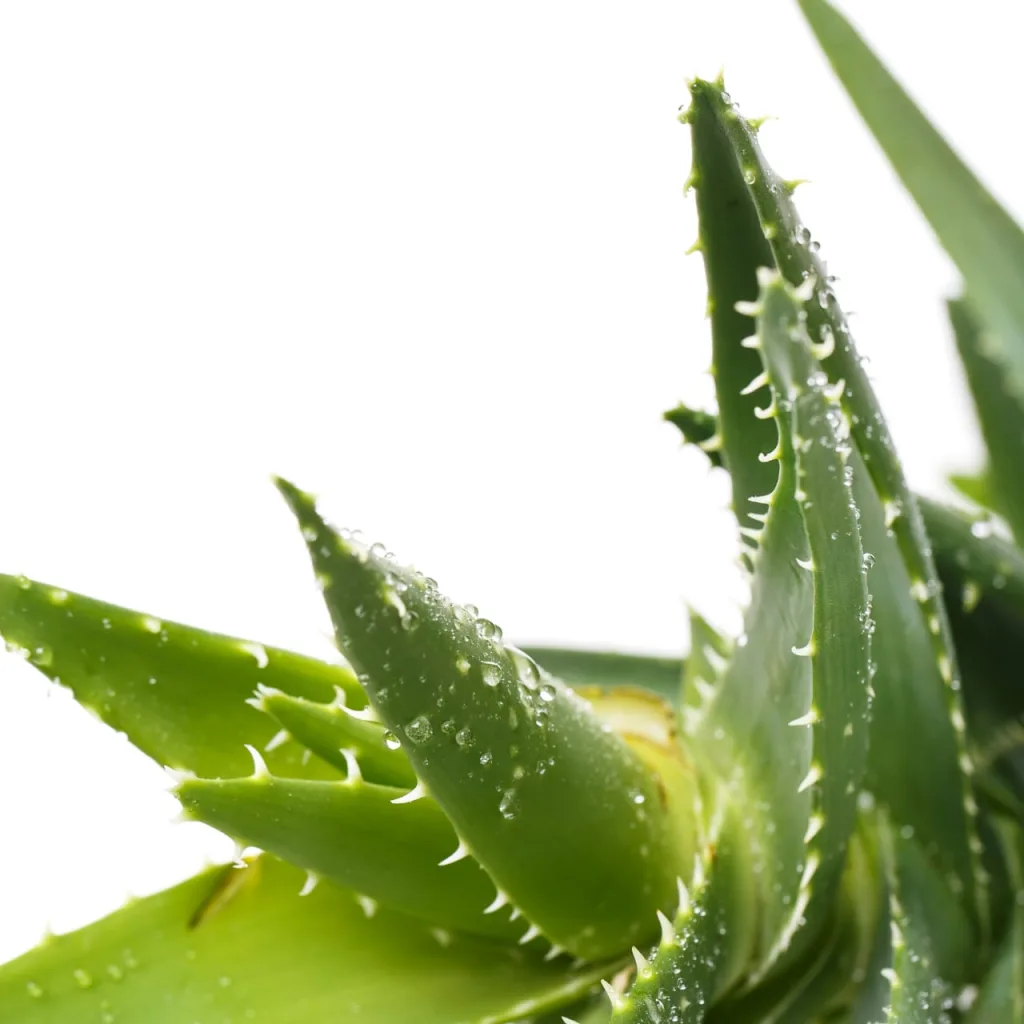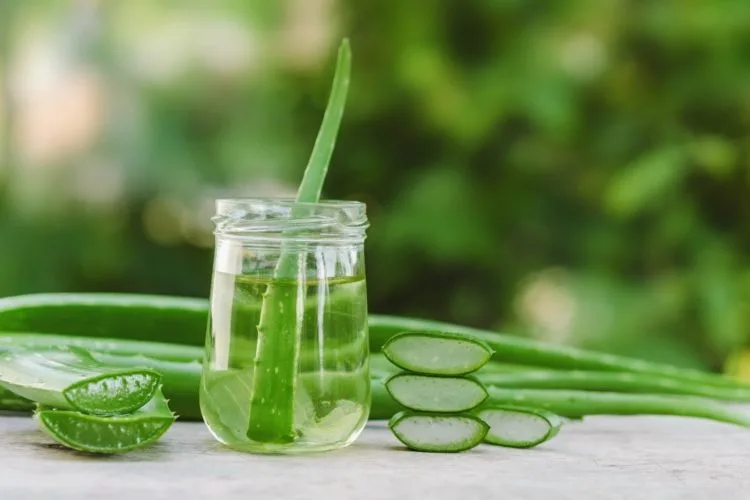Aloe vera plant is a common household plant with a long history of healing. The aloe is a pretty hardy plant, but it has a temperamental side when it comes to giving it the proper care and attention.
Aleo vera is a succulent plant species of the genus Aloe, which is stemless or short-stemmed with thick, greenish, fleshy leaves that fan out from the plant’s central stem.
Aloe vera could be used directly from the plant or can be bought in gel form in products like creams, and ointments and can also be sold in capsule or liquid form to be taken internally to promote health and well-being.
Aleo vera is a perennial green herb with bright yellow tubular flowers that is extensively distributed in hot and dry areas of North Africa, the Middle East of Asia, the Southern Mediterranean, and the Canary Islands.
The colourless mucilaginous gel from Aloe vera leaves has been extensively used with pharmacological and cosmetic applications.
Moreover, Aloe vera has shown other therapeutic properties including anticancer, antioxidant, antidiabetic, and antihyperlipidemic.
Uses of Aleo vera
Research on this medicinal plant further aims at validating traditional uses and deepening the mechanism of action and identifying the compounds responsible for these activities.
The Aloe vera plant is also a medicinal plant, which is traditionally used to treat skin injuries such as burns, cuts, insect bites and eczema and other digestive problems because of its anti-inflammatory, antimicrobial, and wound healing properties.
Research reveals that the Aleo vera plant can be used for medical and clinical purposes as the margin of the leaf is usually serrated with small teeth.
A study in 2020 on ‘Pharmacological Update Properties of Aloe vera and its Major Active Constituents’ indicated that the plant can be used in digestive disease protection in a Periodontitis, which is “a serious and common dental affliction in which gums are infected and become inflamed, causing tissue and bone destruction” and the Gingivitis “the initial phase of periodontitis” situation.
Clinical evidence, however, shows that Aloe vera mouthwash and gel are effective in the prevention and treatment of gingivitis and periodontitis by reducing gingival index, plaque index, and probing depth and by increasing bone fill and regeneration.
Consumers of this product are expected to pay attention to how their body reacts to Aloe vera in order to check for any sensitivities or adverse reactions.
Side effects of Aleo vera
The research further reveals that women, who are found pregnant or breastfeeding, and children under the age of 12, should avoid the oral use of Aloe vera as its laxative effect can cause diarrhea and abdominal cramps and this could result in ineffectiveness.
However, in another work of Kalra et al (2017), the efficacy of Aloe vera gel and mineral, trioxide aggregates as pulpotomy agents in primary molar teeth.
The gel promotes wound healing and reduces pain in patients that requires traumatic tooth extractions, therefore, causing its effectiveness to be higher than that of traditional analgesics.
Benefits of Aloe vera
Meanwhile in recent years, Aloe vera has also be used in food purposes as natural functional ingredient, or in the fortification of food products from animal and vegetal thereby, extending the shelf-life of vegetable and fruits, reducing pathogenic microorganism proliferation, preserving the antioxidant activity of the bioactive compounds, improving acceptability of product, and promoting the growth of probiotics cultures, among others.
It is quite important to know that Aloe vera plants are very recognisable by their fleshy, thick green “leaves” although they do not seem to resemble traditional leaves. These big, chunky stalks come out from the base of the plant with each of the leaves serrated, with little bumps on the edges.
Physical attributes of Aloe vera
The plant somewhat resembles a style of cactus, but not prickly. The aloe plant requires indirect sunlight for optimal growth and likes to grow in a dry environment thus fertilizing once at the beginning of spring and once at the summer for optimal growth. While speaking in an interview with a farmer, Joseph Ajayi, when investing in an aloe plant, it is quite expedient, as they only thrive in soil that drains well and if such soil that drains well cannot be found, using some stones in the bottom of the pot or using a flower pot with plenty of drainage holes in the bottom, is helpful.
The farmer noted that aloe vera plants, after sprouting into new ones, get transplanted into their own pot directly, without propagating in water as they begin to root on their own.
Another farmer, Felix Ojo informed that while watering the aloe vera plant, it is expected that water should run evenly into the pot direct from the faucet, letting the water fully drain before putting the plant back.
The farmer noted that “farmers are expected to pay keen interest on the growing of the Aloe vera plant, as it can be used for medicinal, food purposes which is quite good to people”.
Care of the Aleo vera plant
However, a research work explains that when taking care of an Aloe vera plant, the first thing is ensuring that your aloe vera plant is getting enough light, but not too much as too little light may cause the aloe not to thrive and too much light may cause it to turn brown or yellow.
It also explains that it’s important not to over-water the aloe, as too much water may lead to water-filled blisters, blackening of the leaves, and even mold in the soil. Findings from research also reveals that with little water, the plant leaves may start to get yellowish.
Furthermore, aloe vera has been found to require watering every two to three weeks.


